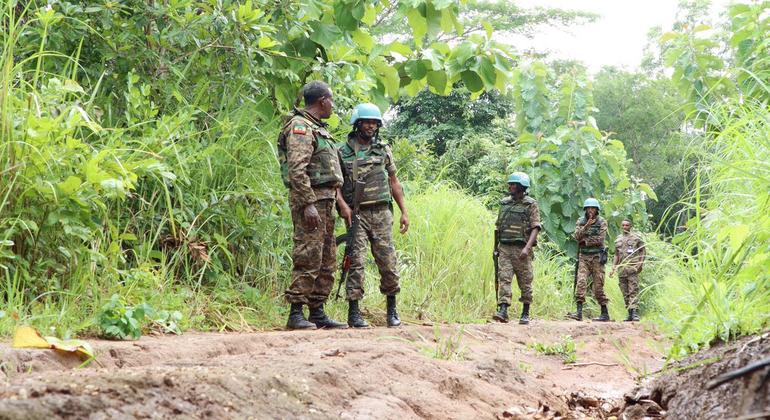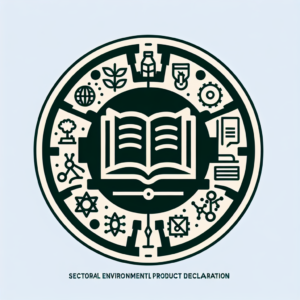Sure! Here’s the translation into American English:
—
The situation in South Sudan has reached alarming levels, as recently highlighted by Jean-Pierre Lacroix, UN Under-Secretary-General for Peace Operations. In a session of the Security Council, Lacroix stated that the peace process is at its most fragile point since the signing of the Revitalized Agreement. He warned that over a decade of achievements in international presence could collapse amid escalating violence and a widening humanitarian crisis, compounded by internal political tensions.
In the past three months, violations of the ceasefire have increased, along with bombings and clashes between signatories of the pact. The unilateral dismissal of opposition leaders in the transitional government has undermined the pillars of inclusion and power-sharing upon which the agreement is built. The detention and trial of First Vice President Riek Machar and other leaders of the Sudan People’s Liberation Movement-in-Opposition have intensified political polarization, raising the risk of reigniting conflict if a transparent judicial process is not ensured.
The humanitarian outlook is dire. More than 7.5 million people face severe food insecurity, with 28,000 nearing famine. Flooding has displaced over a million people, and the war in Sudan continues to send refugees into this already collapsing nation. Additionally, the UN Mission in South Sudan (UNMISS) is facing financial cuts that threaten its operations, leading to the closure of bases and repatriation of personnel.
Lacroix emphasized that, despite South Sudan’s capacity to find a path to peace, time is running out. In line with these assessments, Sima Sami Bahous, Executive Director of UN Women, stated that the situation is critical, especially for women and girls who are the most affected by conflict and food insecurity. Since April 2023, over 1.2 million people have crossed the border from Sudan, further complicating humanitarian aid delivery.
Bahous highlighted that women face sexual violence, abductions, and hunger, with 2.7 million at risk of gender-based violence. In 2024, the UN documented 260 cases of conflict-related sexual violence, the highest number in Western Equatoria state. The UN Women director criticized the financial cuts threatening the work of peace missions and humanitarian programs, recalling a recent incident in Warrap where the intervention of blue helmets prevented the abduction of a hundred schoolgirls.
Seven years after the Peace Agreement, progress remains stalled, with elections postponed, incomplete constitutional reforms, and unmet gender quotas. Bahous urged the Security Council to maintain funding and a gender perspective in its resolutions, emphasizing that women’s leadership is crucial for achieving sustainable peace.
—
Feel free to let me know if you need any adjustments!
Source: MiMub in Spanish











